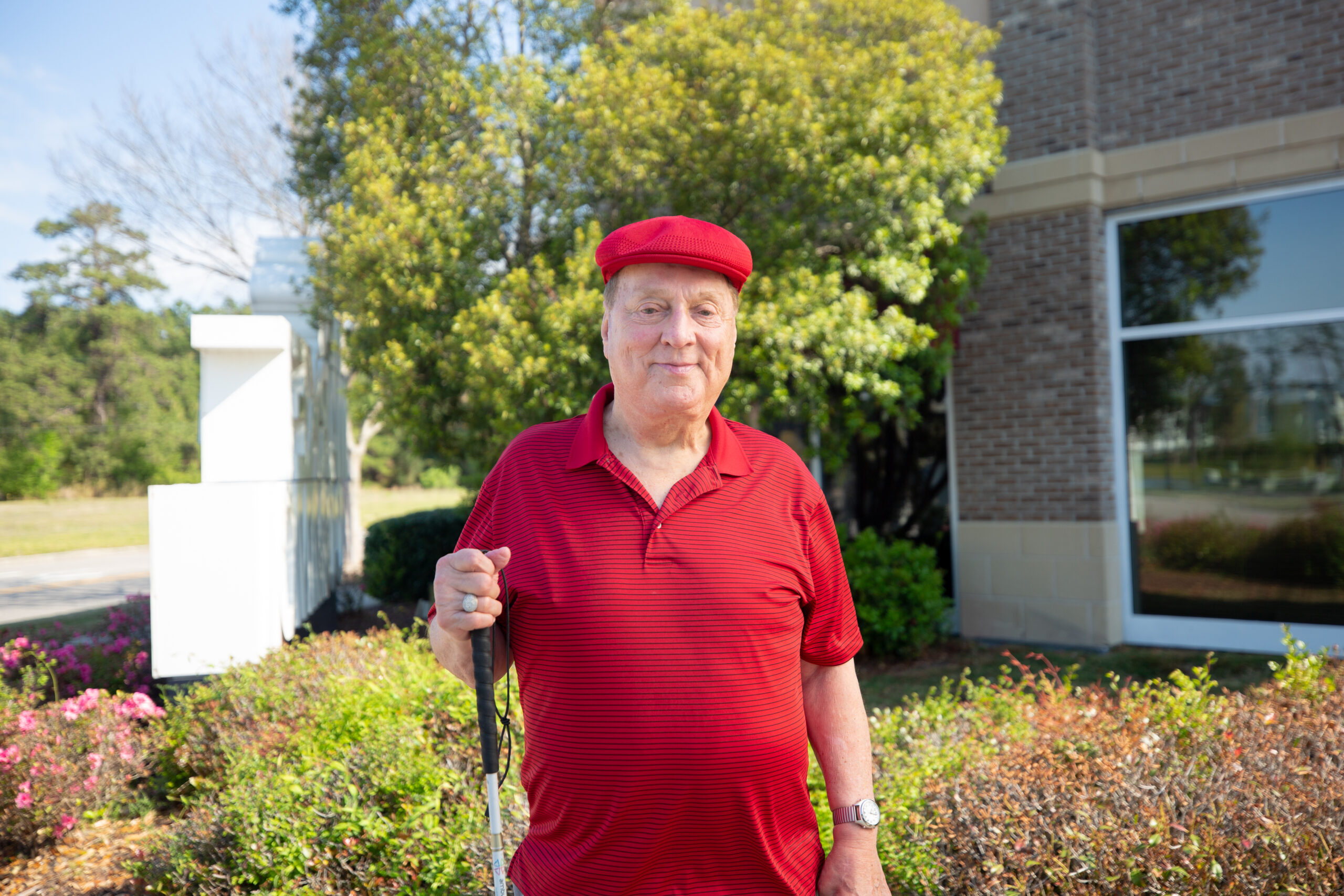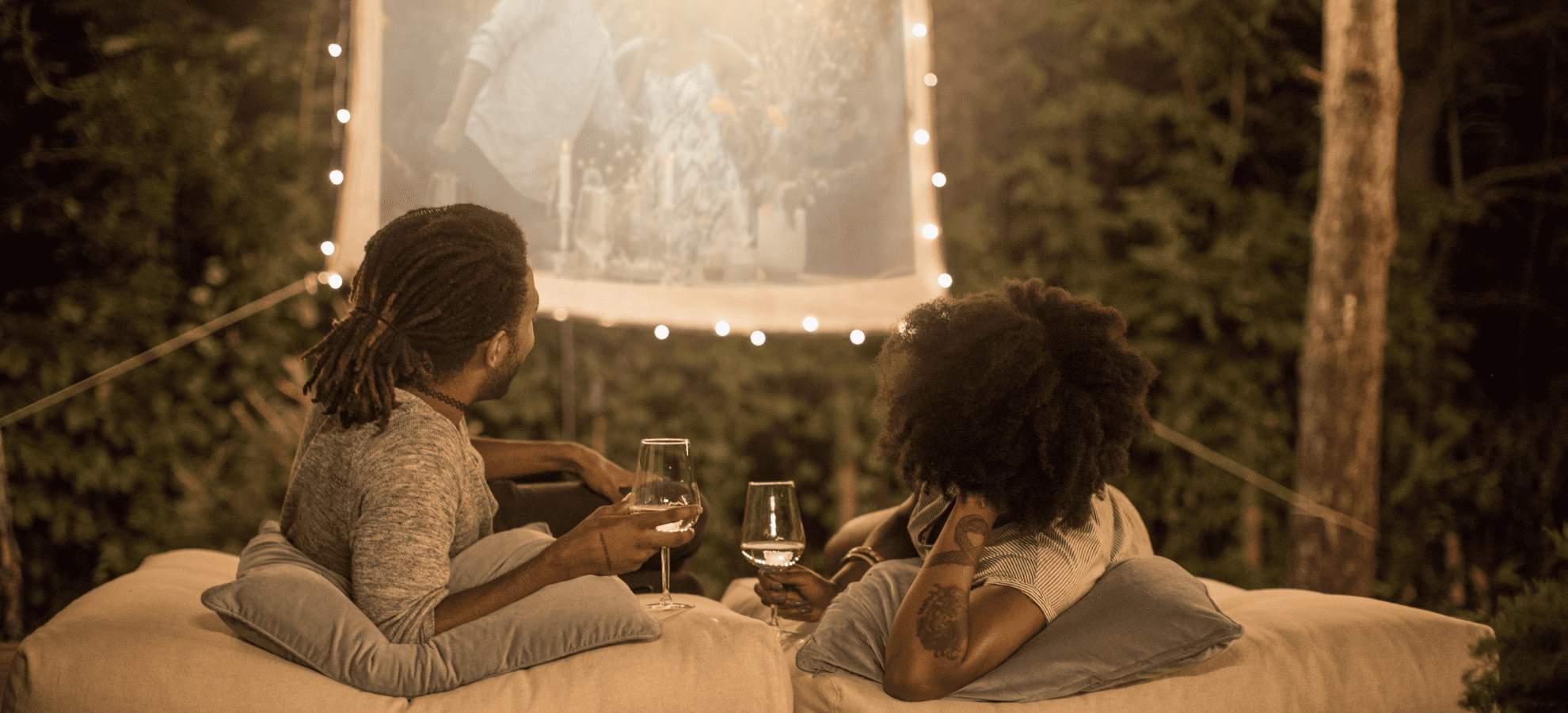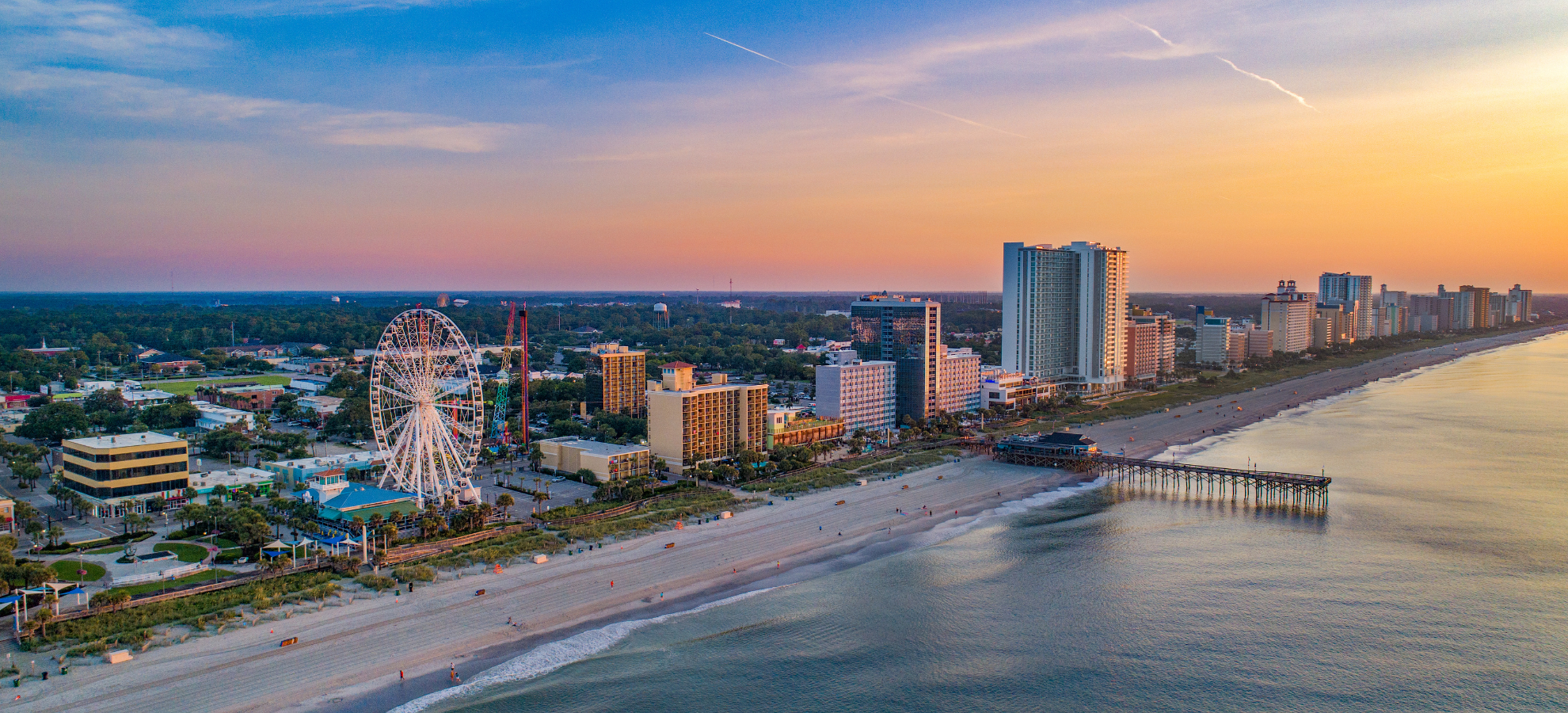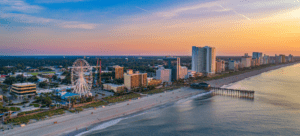Vietnam Veteran, Recipient of the Purple Heart, Creator of the SC Blinded Veterans Association
Celebrate Our Veteran gives voice to the stories of the U.S. military veterans living amongst us. The actions of these brave and dedicated people, who have served our country both in active military duty as well as administrative positions, have and continue to contribute to the protection and preservation of us and our country.
We hope that this section of our paper is an opportunity for our community to hear and see veterans with new eyes, and for veterans to receive recognition and honor for their experiences and life journeys.
This month’s Celebrate Our Veteran recounts the story of Jerry A. Quinn, as told in his own words.
by Melissa LaScaleia
“I was born in Union, SC on June 6, 1947. I went to elementary school in Buffalo, SC, then Union High School. I was drafted on November 28, 1966, for the Vietnam War. I completed basic training at Fort Gordon, Georgia, and advanced infantry training at Fort Jackson, South Carolina. Then I was sent home for ten days before they flew me out to Oakland, CA to board TWA for my flight to Vietnam.
My feeling about the war was, if it had a reason, I wanted to be involved. My entire family on both sides were military people. But I didn’t know it would turn out like it did.
I was put in the first infantry division, known as the Big Red One. My base camp was Di An, Vietnam. I went through a week of jungle school and then was sent out to the jungle itself with my company. I was in the third platoon, where I became a squad leader.
Vietnam had monsoons six months of the year, and tremendous heat. They had hogs laying around in their yard as big as Volkswagens but they wouldn’t eat them; they’d eat rats that they caught instead.
Then an officer I admired, Captain Shapeland, became my commanding officer and he wanted to form a recondo squad. I was selected to be a part of that team. I turned down two promotions to stay in the recondo squad, that’s how much I liked doing it and how much I respected Captain Shapeland.
Our job was to neutralize any land mines; and handle demolition or additional threats, like snipers, outside of the confines of the concertina wire.
My captain made all the difference in the world in terms of operations and safety. The day I was hit, we had a different captain. And he died shortly thereafter.
At this point, I was the acting sergeant. Captain Shapeland had just left to go into intelligence, and the new captain sent my squad into the jungle. We walked up a number of rice paddies, when suddenly machine guns opened up on us from the wood line; the woods were filled with Vietcong, and we had to fall back.
My squad had just got inside the wood line when I called the captain and told him that the enemy had open-fired on us. He gave the order to hold our ground and said he would send artillery in to back us up. But when the artillery arrived, they started dropping bombs, and they got so close, they were hitting us. So then the captain told us to fall back.
The guy that carried my radio was my RTO. He went down with a round of RPG (rocket-propelled grenade), and he had been in Vietnam for three days. I was hit by the same round, from my knee caps through my head.
We were sitting ducks. Then our side sent in the gunships with the 50 calibers on them to fire on the Vietcong. Since we were out of the wood line, they could work the artillery successfully and medivacked me out.
At this point, I had been there for nine months. They took me to Japan where it was discovered I was bleeding internally. I was a mess. I stayed in that hospital in Japan for a month. And during that time, I saw everything that could happen to a soldier because it was right there all around me.
While I was in Vietnam, I saw four guys from my hometown; two were killed and two made it back.
Buffalo Methodist Church in my hometown of Union raised all kinds of money so my mother could stay with me for six months because she couldn’t afford to come and stay. Then I was sent to Walter Reed hospital in Washington, D.C. A lot of people from Union, SC came to see me there. I was there when Dwight D. Eisenhower was there. I didn’t have my right mind in me for a long time. I was hit January 5, and released from the hospital December 18.
I was twenty years old when I finally got out. I had been in the hospital so long, I had gained a lot of weight which made everything a struggle. And my brain was really messed up, and initially I was blind. I couldn’t be responsible for what I said. If I wanted a hamburger, I’d ask for a pencil. I had numerous brain surgeries; they had to cut pieces of my brain out.
In 1973, I went to Edward Hines hospital in Chicago, and it gave me a new outlook on life. I joined the Blinded Veterans Association. Later, I formed the South Carolina Blinded Veterans Association; I’ve been a national officer for them.
I went to college and graduated from the University of South Carolina, and Wofford College. My major was in psychology. Then I went to work in Daytona, Florida as a food vendor; then two places in Columbia, SC and one place in Akon, SC. I owned my own business. But in Daytona, my wife’s health really went downhill. So I had to quit there and we moved back to SC so I could focus more on her health.
I really enjoyed working, but her health was too bad for me to continue. She had everything wrong with her that you could imagine. She really struggled until she passed. I worked in the VA outpatient clinic in Daytona, Fl at one point. And I’ll never forget, one day the nurse there told me she had no pulse in her feet, and that I needed to get her to the hospital immediately.
After my mother died I moved to Augusta, Georgia; then Miami, then Amarillo, Texas. On September 30, 2021, I moved to Myrtle Beach. I was looking for something that resonated, and wanted to be closer to my son. And I wanted to be in an area that was walkable, and have 24 hour transportation because I can’t drive. I’m currently on a waiting list for my apartment in the Market Common.”
















